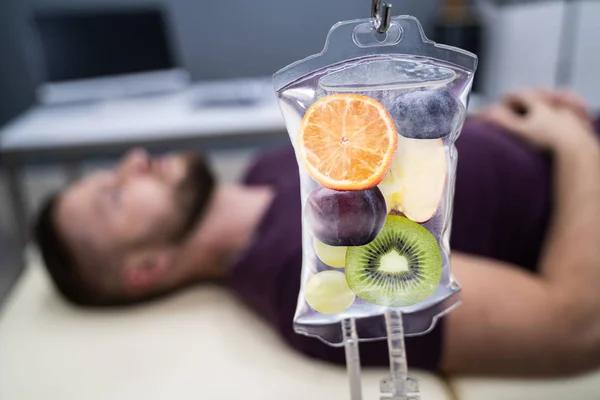In the quest for maintaining optimal health and wellness, the options can seem endless. From traditional methods such as diet and exercise to more modern approaches like supplements and intravenous (IV) therapy, each method offers its unique benefits. However, when it comes to IV therapy vs. supplements, a question arises: which one works better?
Supplements are widely used worldwide due to their convenience and availability. They come in various forms – pills, capsules, liquids, powders – containing vitamins, minerals, enzymes or herbs that help supplement your daily nutrient intake. Supplements are primarily used to fill nutritional gaps in people’s diets and ensure they get the essential nutrients required for good health.
However, there are limitations to this approach. When taken orally, supplements must go through the digestive system before reaching the bloodstream where they can be utilized by our cells. This process reduces their bioavailability – meaning less of what is ingested actually gets absorbed into your body.
On the other hand stands IV therapy – a method where vitamins and minerals are administered directly into the bloodstream via an intravenous Drip Docx Wellness & Aesthetics bypassing the digestive system entirely. This direct route allows for 100% bioavailability of these nutrients at cellular level leading to immediate absorption and utilization by our bodies.
One major advantage of IV therapy over oral supplements is its ability to deliver higher doses of nutrients without causing stomach upset or irritation since it doesn’t pass through your digestive tract. Moreover, certain conditions may impair nutrient absorption from food or oral supplements – such as age-related decrease in stomach acid production or damage from diseases like celiac disease or Crohn’s disease – making IV therapy a more effective solution.
But while IV therapy has clear advantages over oral supplementation in terms of efficiency and effectiveness; it does have drawbacks too: It’s more costly than taking oral supplements; requires medical supervision; involves minor discomfort during needle insertion; carries risk of infection if not done properly; may cause vein inflammation (phlebitis) or fluid overload.
In conclusion, both IV therapy and supplements have their place in health and wellness. The choice between the two largely depends on individual needs, health status, convenience, cost considerations and personal preferences. If you’re healthy, eat a balanced diet and are able to absorb nutrients from your gut effectively; oral supplements may suffice. However, if you need higher doses of certain nutrients quickly due to deficiencies or health conditions; IV therapy could be a better option. As always it’s crucial to consult with healthcare professionals before starting any new treatment or supplement regimen.
Drip Docx Wellness & Aesthetics
2102 B Gallows Rd Second Floor, Vienna, VA 22182
703-677-1103





